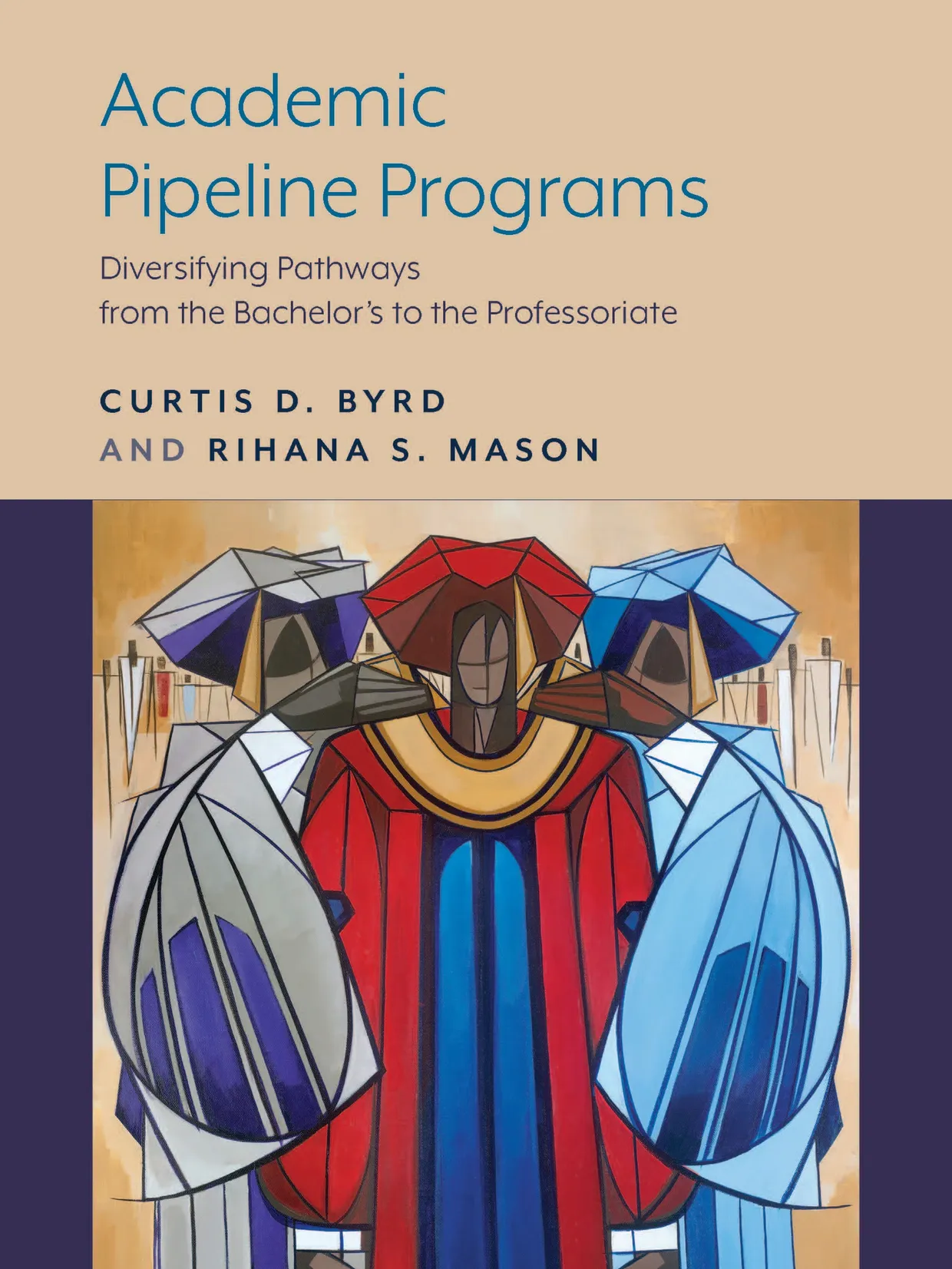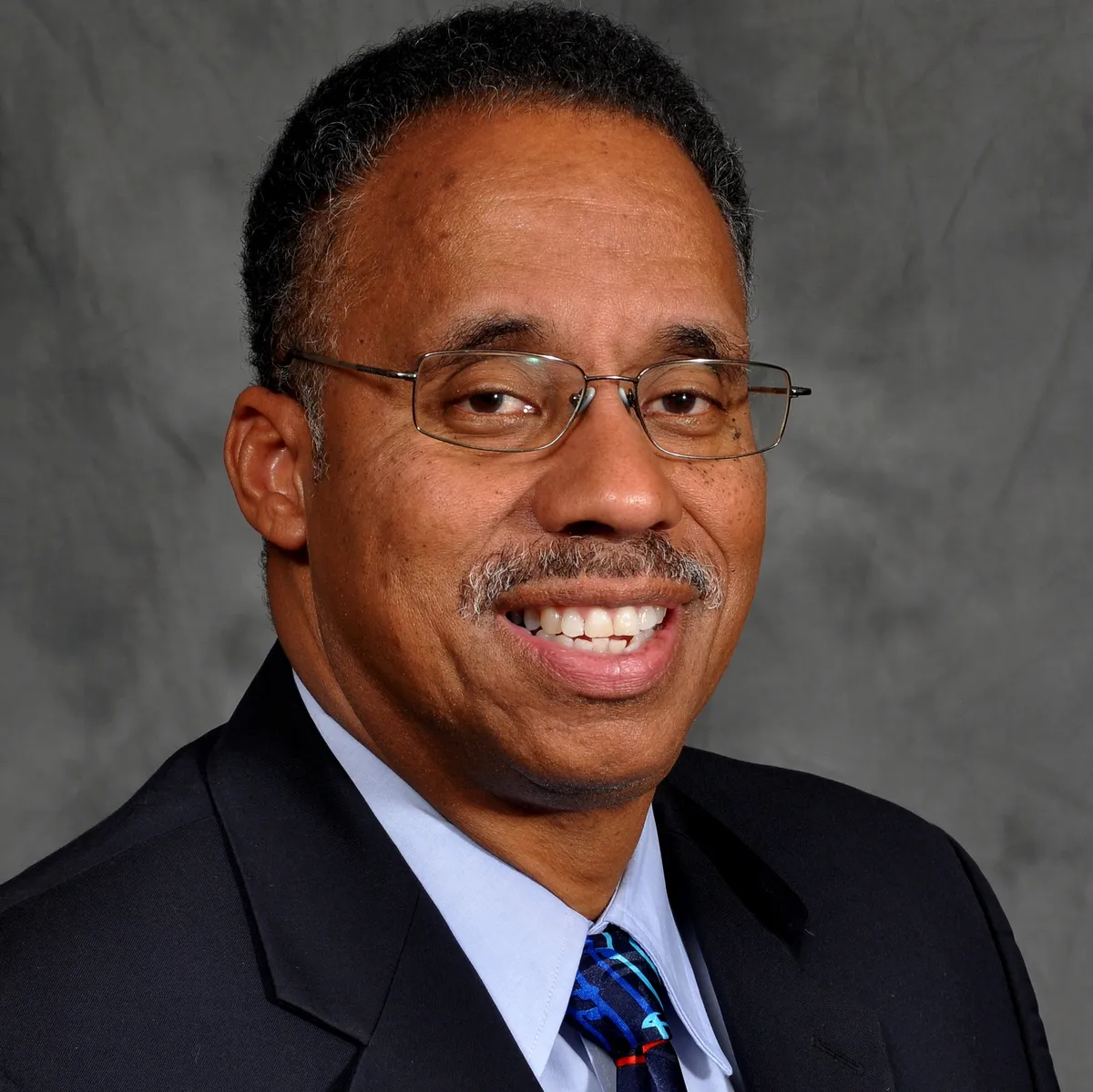Academic Pipeline Programs: Diversifying Pathways from the Bachelor’s to the Professoriate
Curtis D. Byrd & Rihana S. Mason
Academic pipeline programs are critical to effectively support the steady increase of diverse students entering the academy. This book describes best practices of successful academic government and privately funded pre-collegiate, collegiate, graduate, and postdoctoral/faculty development pipeline programs. The authors explore 21 hallmark academic pipeline programs using their THRIVE index: Type, History, Research, Inclusion/Identity, Voice, and Expectation. The final chapter of the book offers information for using and starting similar programs. The appendix offers an interactive Geographic Information System (GIS) mapped database of programs using the THRIVE index.
This book will equip parents, students, high school counselors, college advisors, faculty, department chairs, and higher education administrators to identify academic pipeline programs that fit their needs. Readers will also learn about how academic pipeline programs are situated within an institution using an organizational change model.
This book serves as a comprehensive resource guide to support the readership’s awareness of pipeline programs that recruit individuals from diverse ethnic, gender, and economic backgrounds. We are focusing on groups that are categorized as underrepresented relative to their representation in colleges and universities.
This book is also available online via our free Open Access
Forward - Dr. Freeman A. Hrabowski
Dr. Freeman A. Hrabowski, President of UMBC (University of Maryland, Baltimore County) since 1992, is a consultant on science and math education to national agencies, universities, and school systems. He was named by President Obama to chair the President’s Advisory Commission on Educational Excellence for African Americans. He also chaired the National Academies’ committee that produced the report, Expanding Underrepresented Minority Participation: America’s Science and Technology Talent at the Crossroads (2011). His 2013 TED talk highlights the “Four Pillars of College Success in Science.”
Named one of the 100 Most Influential People in the World by TIME (2012) and one of America’s Best Leaders by U.S. News & World Report (2008), he also received TIAA-CREF’s Theodore M. Hesburgh Award for Leadership Excellence (2011), the Carnegie Corporation’s Academic Leadership Award (2011), and the Heinz Award (2012) for contributions to improving the “Human Condition.” UMBC has been recognized as a model for inclusive excellence by such publications as U.S. News, which the past eight years has recognized UMBC as a national leader in academic innovation and undergraduate teaching. Dr. Hrabowski’s most recent book, Holding Fast to Dreams: Empowering Youth from the Civil Rights Crusade to STEM Achievement, describes the events and experiences that played a central role in his development as an educator and leader.
Afterword - Dr. Ansley A. Abraham Jr.
Dr. Ansley Abraham is founding director of the Southern Regional Education Board State Doctoral Scholars Program in Atlanta, GA. Under Dr. Abraham’s direction, the board has developed one of the nation’s best-documented and nationally recognized programs for producing minority Ph.Ds. who seek faculty careers. The Doctoral Scholars Program is successfully producing minority graduates—almost 1,000—have earned their degree and are employed on college and university campuses. Currently, more than 500 scholars are progressing toward the Ph.D. The Doctoral Scholars Program annually sponsors the Compact for Faculty Diversity Institute on Teaching and Mentoring. The Institute is a nationwide effort of state, federal, and private agencies and organizations committed to faculty diversity. More than 1,200 minority Ph.D. scholars and their mentors come together to learn the skills and knowledge necessary for the successful completion of the doctoral degree, improve departmental environments, and transition into academic careers. The Institute is the largest gathering of minority Ph.D. students in the nation. Dr. Abraham has directed studies at SREB that covered several topics, including perception of the campus climate by minority and majority group students on historically black and predominantly white campuses. Dr. Abraham also completed two widely acclaimed studies on statewide assessment and placement standards and the need for developmental education for entering college students in the SREB region. As a result of his research, Dr. Abraham has published numerous articles and monographs.
Dr. Abraham earned his B.S. in sociology and psychology, and his M.S. and Ph.D. in sociology (with an emphasis on sociology of education and race/ethnic relations) from Florida State University. He has worked as a program specialist in the Florida State Department of Education and management analyst in the Florida Governor’s Office



